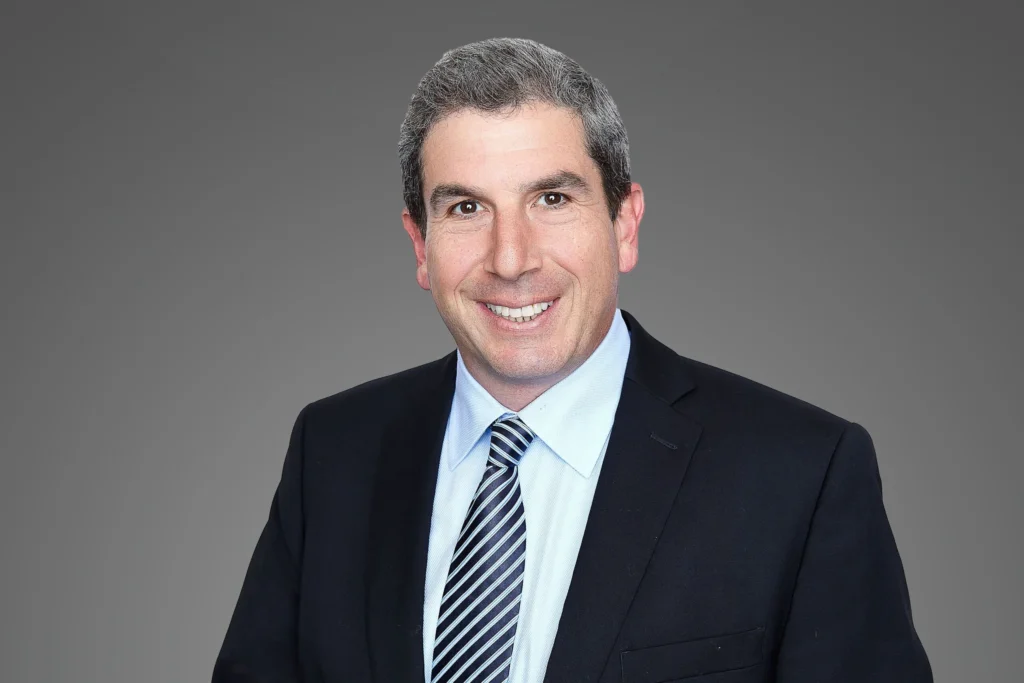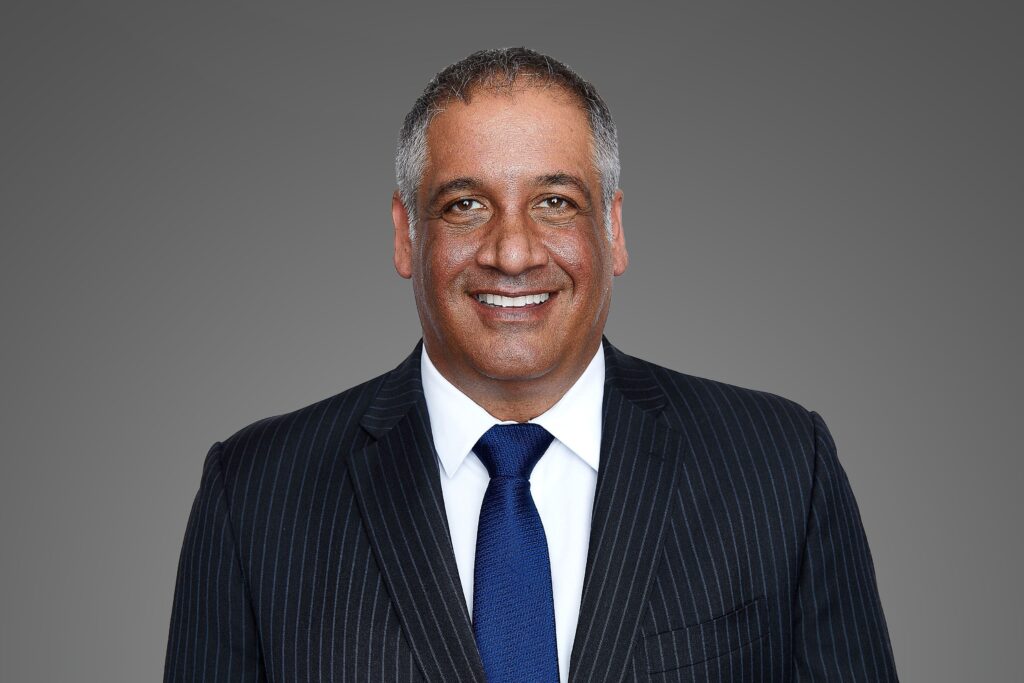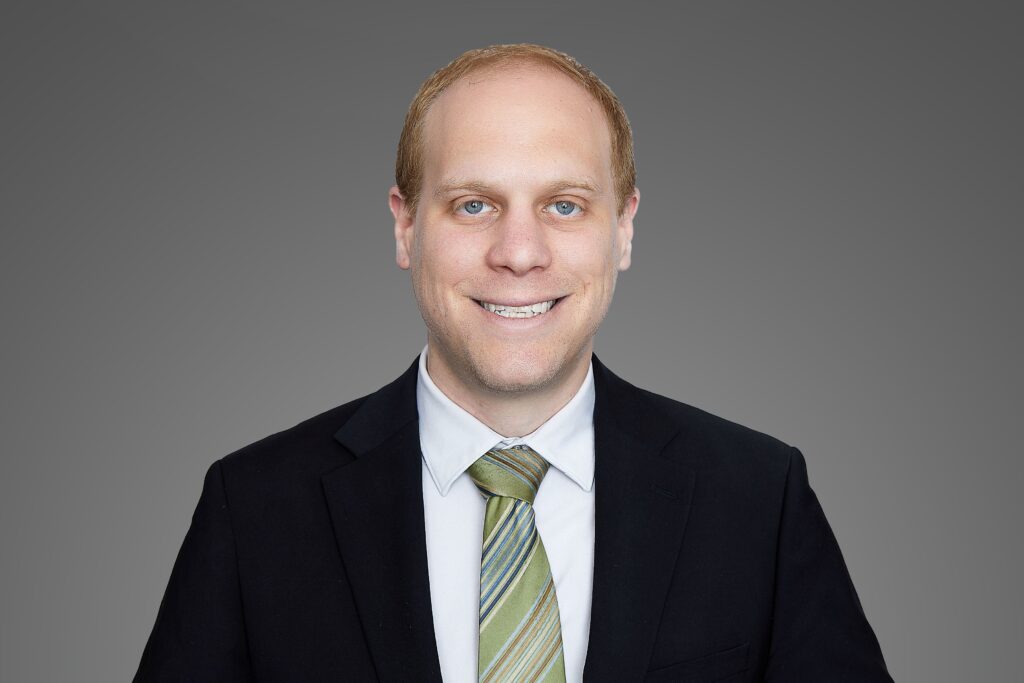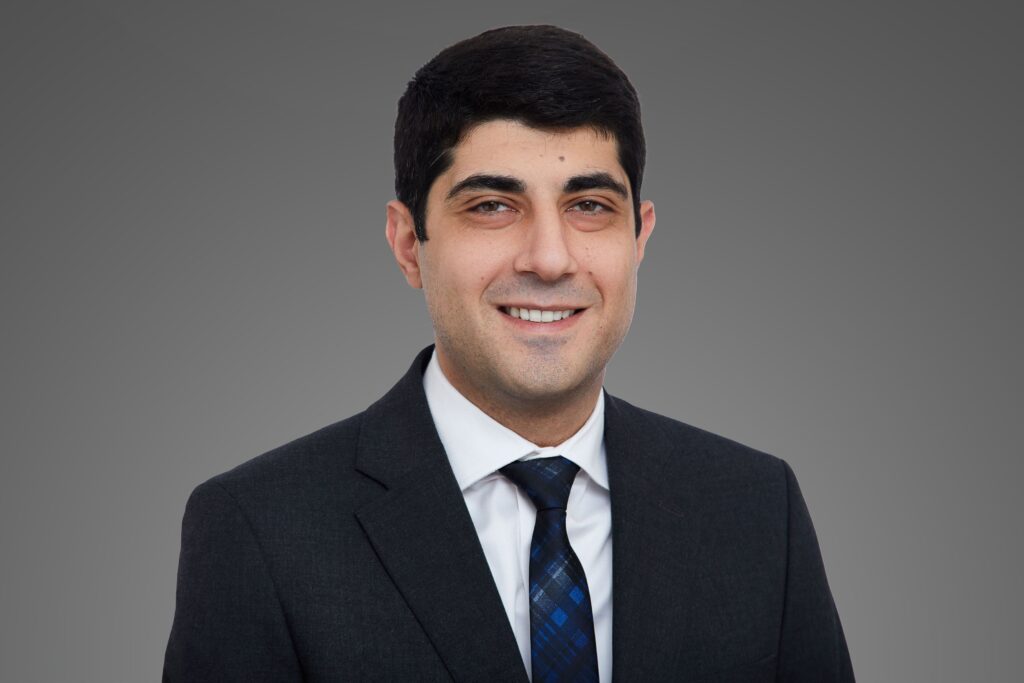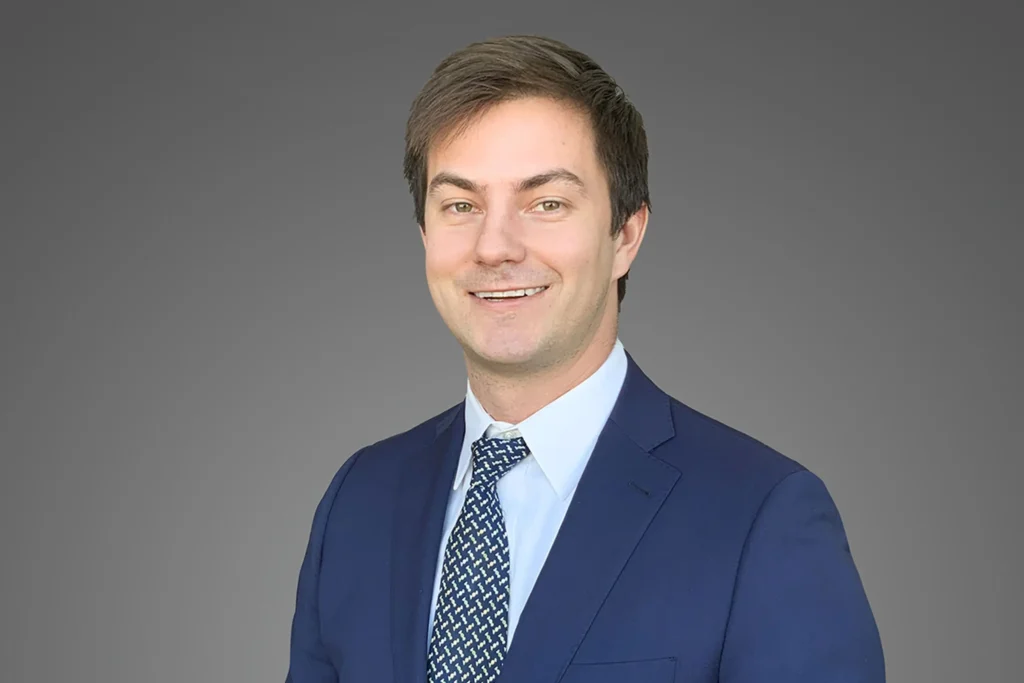Most property and business policies contain a provision requiring the insured to submit to an examination under oath (known as an “EUO”) by the insurance company in connection with an insurance claim. It is similar to a deposition, with the policyholder providing sworn testimony under penalty of perjury. However, it is pursuant to a contractual policy requirement not the litigation process and the formal rules of civil discovery law.
The standard form policy codified in California requires an insured to “submit to examinations under oath by any person named by” the insurance company. (California Insurance Code §2071(a).) The California Court of Appeal has held this means the insured must sit for an examination under penalty of perjury and “answer all proper questions as part of the the insurer’s investigation of the insured’s claim.” (Abdelhamid v. Fire Insurance Exchange (2010) 182 Cal.App.4th 990, 1003-04.)
When an insurance company requests an examination under oath during the handling of a claim, it is often because they suspect something is amiss with the claim. The insurance company’s suspicions often revolve around fraudulent or other questionable conduct by the insured. Extreme (but not necessarily rare) cases involve accusations of insurance fraud, which can take many forms and expose the insured not just to the denial of the insurance claim, but potentially much worse. Business interruption and loss of profit claims also often trigger a request by the insurer for an examination under oath, and detailed and intrusive financial inquiries.
The examination under oath will almost always be conducted by an experienced insurance defense attorney. Burdensome production of extensive documents are often requested by the insurance company attorney, many of which may be private and objectionable. Although it is part of the claim process, and the insurer’s good faith duties apply, in practice the examination under oath is frequently treated as an adversarial process by the insurer. It can quickly devolve into a search for misstatements and a basis to deny the claim.
An insured cannot refuse to participate in an examination under oath. Unlike other policy conditions for presenting a claim, like timely notice and submission of a proof of loss, there is no requirement that an insurance company show prejudice to deny a claim based on the failure to submit to an examination under oath. (Abdelhamid,supra, 182 Cal.App.4th at 1004-05.) Where an insured does not answer material questions during an examination under oath, an insurance company can “properly deny coverage.” (Id. at 1005.) This near automatic denial rule means that the insured has little choice about doing the examination under oath where requested by an insurer.
Because an insured must submit to an examination under oath in order to purse the claim, but when it is sought it is often to establish a basis for denial or worse, the stakes are high. The favorable law for the insurance companies can also lead it to overreach and abuse of the examination under oath process. When faced with a request for an examination under oath, the insured should proceed carefully, and may want to consult legal counsel.

